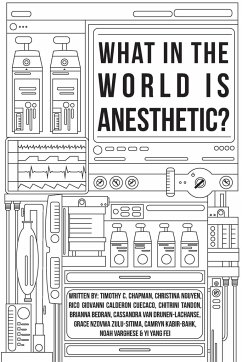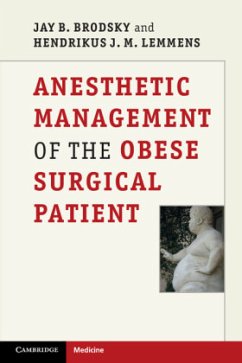
A New Theory Of Chloroform Syncope
Showing How The Anesthetic Ought To Be Administered (1890)
Versandkostenfrei!
Versandfertig in 1-2 Wochen
18,99 €
inkl. MwSt.

PAYBACK Punkte
9 °P sammeln!
""A New Theory of Chloroform Syncope"" is a book written by Robert Kirk in 1890. The book provides a detailed explanation of the administration of chloroform, an anesthetic that was widely used during the late 19th century. The author presents a new theory on how chloroform should be administered to patients in order to avoid complications and reduce the risk of syncope (fainting). Kirk's theory is based on his own experience as a physician and his observations of the effects of chloroform on patients. The book includes a detailed discussion of the physiology of chloroform and its effects on t...
""A New Theory of Chloroform Syncope"" is a book written by Robert Kirk in 1890. The book provides a detailed explanation of the administration of chloroform, an anesthetic that was widely used during the late 19th century. The author presents a new theory on how chloroform should be administered to patients in order to avoid complications and reduce the risk of syncope (fainting). Kirk's theory is based on his own experience as a physician and his observations of the effects of chloroform on patients. The book includes a detailed discussion of the physiology of chloroform and its effects on the body, as well as practical advice on the administration of the anesthetic. The book is a valuable resource for medical professionals and historians interested in the history of anesthesia and the development of medical practices in the late 19th century.This scarce antiquarian book is a facsimile reprint of the old original and may contain some imperfections such as library marks and notations. Because we believe this work is culturally important, we have made it available as part of our commitment for protecting, preserving, and promoting the world's literature in affordable, high quality, modern editions, that are true to their original work.









![On the Use of Nitrous Oxide and Ether as an Anesthetic [microform] Cover On the Use of Nitrous Oxide and Ether as an Anesthetic [microform]](https://bilder.buecher.de/produkte/68/68738/68738581n.jpg)


